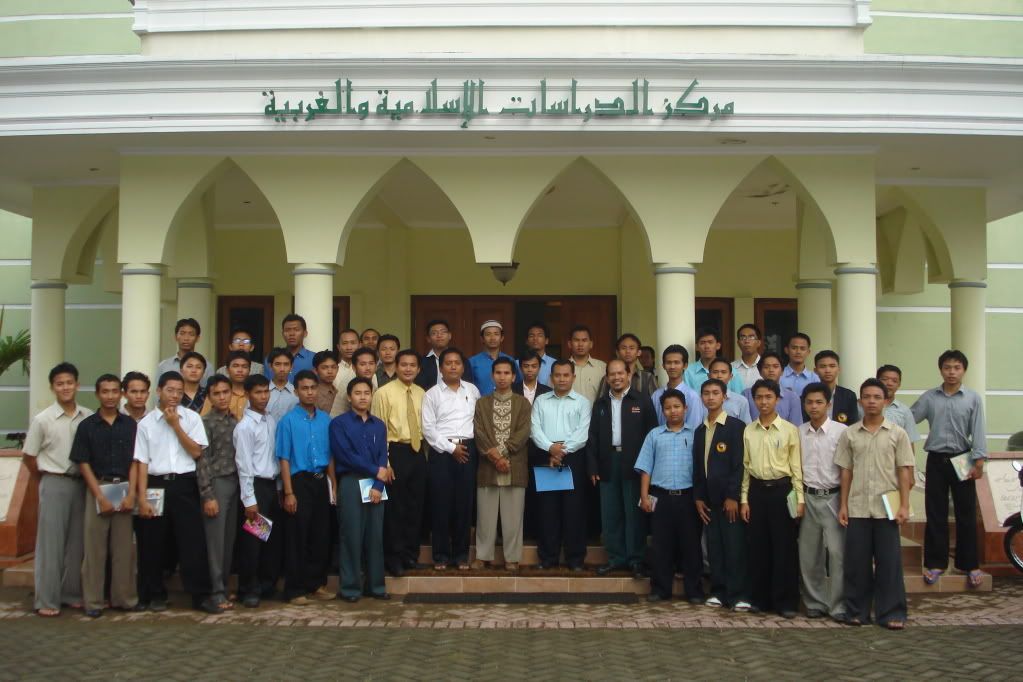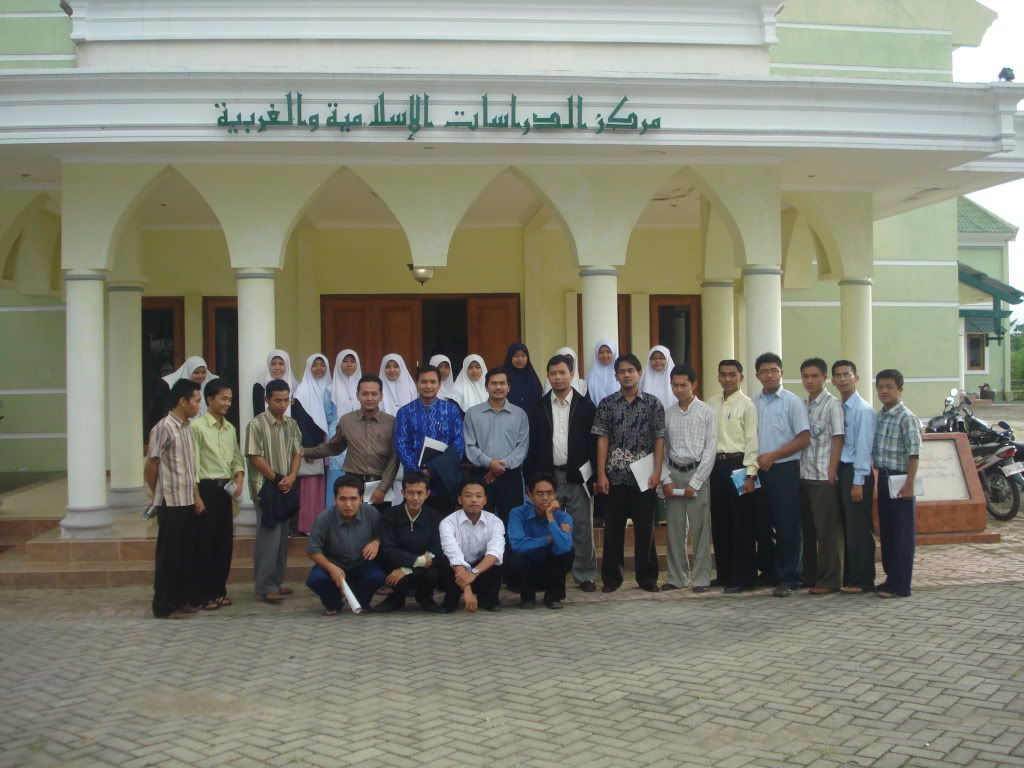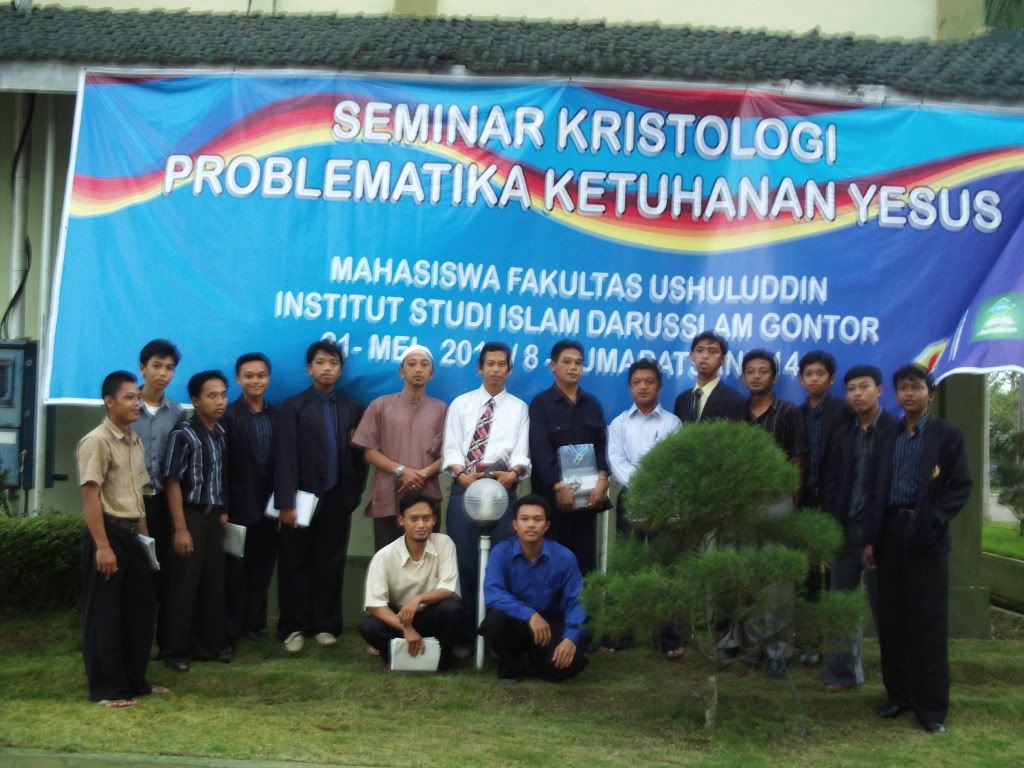In Buddhism, moral virtue is the foundation of the spiritual path, though a fixed attachment to ethical precepts and vows is seen as a hindering ‘fetter’. Virtue generates freedom from remorse, and this leads on though gladness and joy to meditative calm, insight and liberation. While this model of ethics as part of ‘path’ predominates, it is modified in some Mahayana schools, particularly in Japan. Here, Soto Zen sees morality as the making manifest of one’s innate Buddha-nature, while Jodo-shin sees it as simply expressing gratitude to Amitabha for having saved one.
A moral life is not a burdensome duty or set of ‘oughts’ but an uplifting source of happiness, in which the sacrifice of lesser pleasures facilitates the experiencing of more enriching and satisfying ones. Having no real ‘oughts’, Buddhist ethics has levels of practice suiting different levels of commitment, rather than one set of universal obligations. Most importantly, monks and nuns make undertakings ruling out actions, such as sexual intercourse, which are acceptable for layperson.
The Fourth Noble Truth is that of the way leading to the cessation of Dukkha (Dukkhaniro dhagaminipatipada-ariyasacca). This is known as the ‘Middle Path’ (Majjhima Patipada), because it avoids two extremes: one extreme being the search for happiness through the pleasures of the senses, which is ‘low’, common, unprofitable and the way of the ordinary people’; the other being the search for happiness through self-mortification in different forms of asceticism, which is ‘painful, unworthy and unprofitable’. Having himself first tried these two extremes, and having found them to be useless, the Buddha discovered through personal experience the middle path ‘which gives vision and knowledge, which leads to calm, insight, enlightenment, nirvana’. This middle path is generally referred to as the Noble Eightfold Path (Ariya-Atthangika-Magga), because it is composed of eight categories or divisions :
1. Right Understanding ( Samma ditthi )
2. Right Thought ( Samma sankappa )
3. Right Speech ( Samma vaca )
4. Right Action ( Samma kammantha )
5. Right Livelihood ( Samma ajiva )
6. Right Effort ( Samma vayama )
7. Right Mindfulness ( Samma sati )
8. Right Concentration ( Samma Samadhi )
Practically the whole teaching of the Buddha, to which he devoted him self during 45 years, deals in some way or others with this path. He explained it in different words to different people, according to the stage of their development and their capacity to understand and follow him. But the essence of those many thousand discourses scattered in the Buddhist Scriptures is found in the Noble Eightfold Path.
It should not be thought that the eight categories or divisions of the path should be followed and practiced one after the other in the numerical order as given in usual list above. But they are to be developed more or less simultaneously, as far as possible according to the capacity of each individual. They are all linked together and each helps the cultivation of the others.
These eight factor aim at promoting and perfecting the three essential of Buddhist training and discipline.
a) Ethical Conduct ( Sila )
b) Mental Discipline ( Samadhi )
c) Wisdom ( Panna )
Ethical Conduct ( Sila ) is built on the vast conception of universal love and compassion for all living beings, on which the Buddha’s teaching is based. It is regrettable that many scholars forget this great idea of the Buddha’s teaching, and indulge in only dry philosophical and metaphysical divagations when they talk and write about Buddhism. The Buddha gave his teaching ‘for the good of the many, for the happiness of the many, out of compassion for the world’ ( bahujanahitaya bahujanasukhaya lokanukampaya )
Ethical Conduct based on love and compassion, are included three factors of Noble Eightfold Path : Right Speech, Right Action and Right Livelihood.
Right Speech means abstentions (2) from telling lies, (2) from backbiting and slander and talk that may bring about hatred, enmity, disunity and disharmony among individuals or groups of people, (3) from harsh, rude, impolite, malicious and abusive language, and (4) from idle, useless and foolish babble and gossip. When one abstains from these forms of wrong and harmful speech one naturally has to speak the truth, has to use words that are friendly and benevolent, pleasant and gentle, meaningful and useful. One should not speak carelessly: speech should be at the right time and place. If one cannot say something useful, one should keep ‘noble silent’.
Right action aims at promoting moral, honorable and peaceful conduct. It admonishes us that we should abstain from destroying life, from stealing, from dishonest dealing, from illegitimate sexual intercourse, and that we should also help others to lead a peaceful and honorable life in the right way.
Right livelihood means that one should abstain from making one’s living through a profession that bring harm to others, such a trading in arms and lethal weapons, intoxicating drinks, poisons, killing animals, cheating, etc, and should live by a profession which is honorable, blameless and innocent of harm to others. One can clearly see here that Buddhism is strongly opposed to any kind of war, when it lay down that trade on arms and lethal weapon is an evil and unjust means of livelihood.
The three factors (Right Speech, Right Action and Right Livelihood) of the Eightfold Path constitute Ethical Conduct. It should be realized that the Buddhist ethical and moral conduct aims at promoting a happy and harmonious life both for the individual and for society. This moral conduct is considered as the indispensable foundation for all higher spiritual attainment. No spiritual development is possible without this moral basis.
Buddhist ethics finds its foundation not on the changing social customs but rather on the unchanging laws of nature. Buddhist ethical values are intrinsically a part of nature, and the unchanging law of cause and effect. The simple fact that Buddhist ethics are rooted in natural law makes its principles both useful and acceptable to modern world. Morality in Buddhism is essentially practical in that it is only a means leading to the final goal ultimate happiness. On the Buddhist path to Emancipation, each individual is considered responsible for his own fortunes and misfortunes. Each individual is expected to work his own deliverance by his understanding and effort. Buddhist salvation is the result of one’s own moral development and can neither be imposed nor granted to one by some external agent.
The theory of Buddhist ethics find its practical expression in the various precept. These precept or disciplines are nothing but general guides to show the direction in which the Buddhist ought to turn to on his way to final salvation. Although many of these precept are expressed in a negative form, we most not thing that Buddhist morality, consists of abstaining from evil without the complement of doing good.
Peter Harvey, An Introduction To Buddhism: Teaching, History and Practices, (Melbourne: Cambridge University Press, 1990)
Walpola Rahula, What The Buddha Taught, (New York: Grove Press, 1959)
K. Sri Dhammananda, What Buddhist Believe (Kuala Lumpur: Buddhist Missionary Society, 1987
Langganan:
Posting Komentar (Atom)








Said
like nice god present